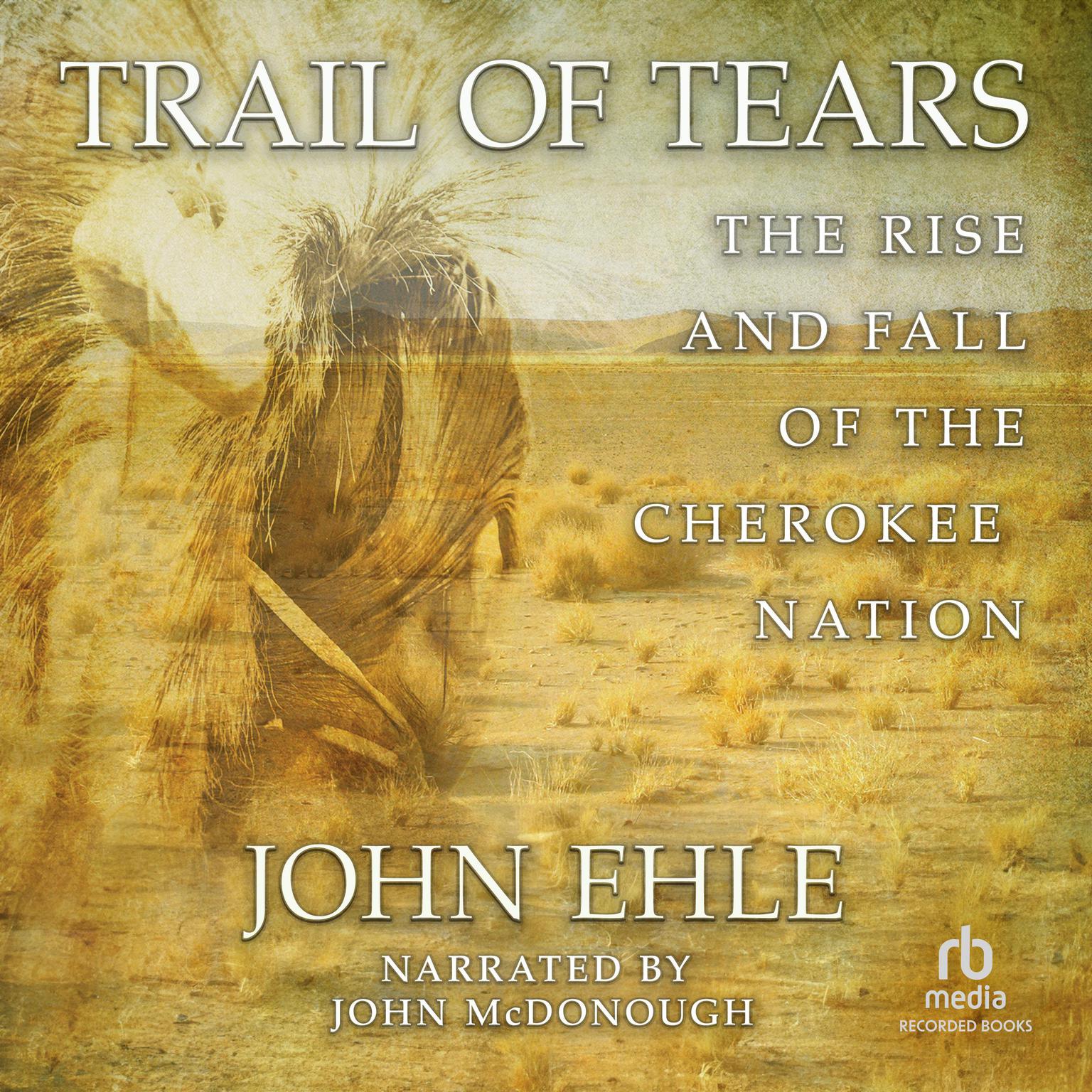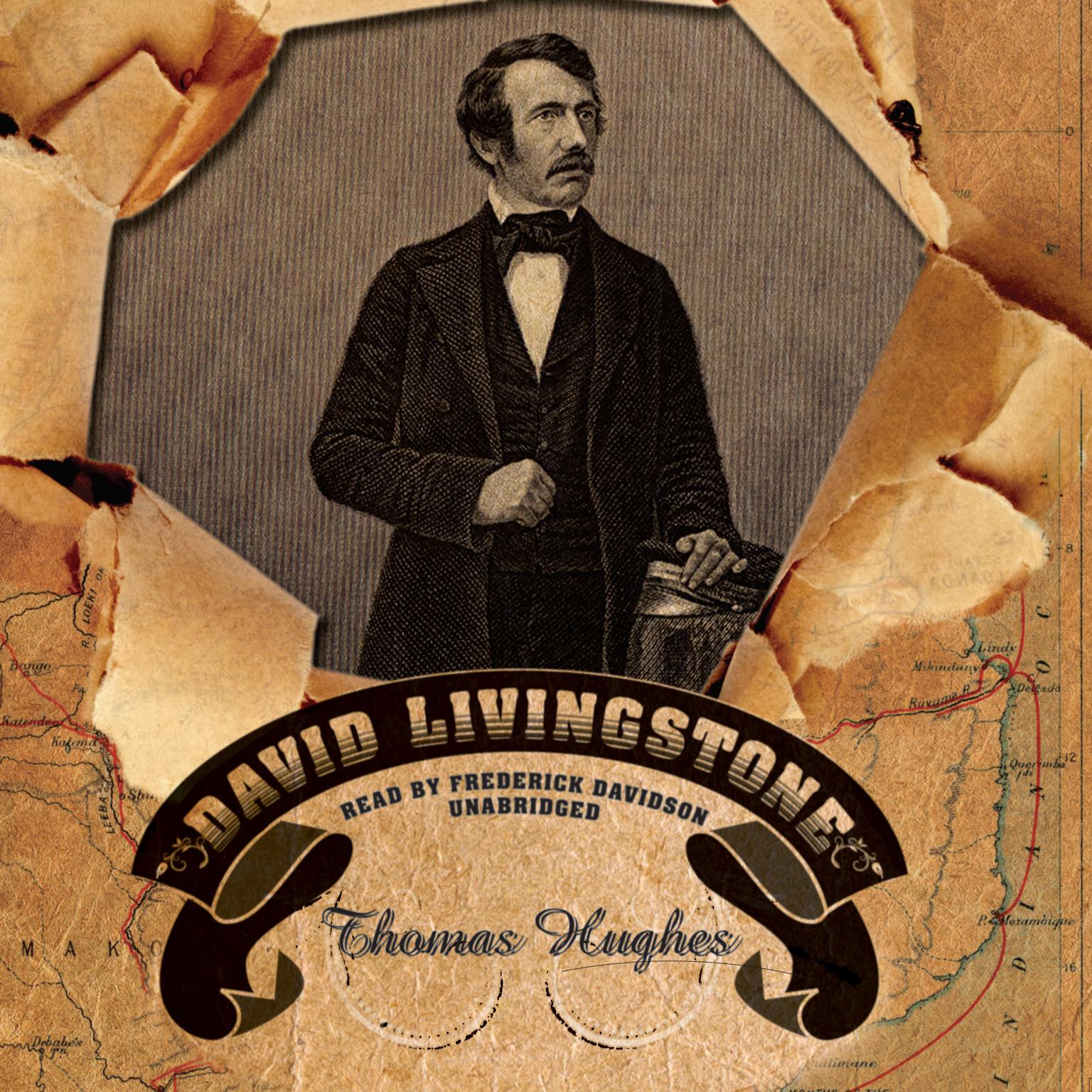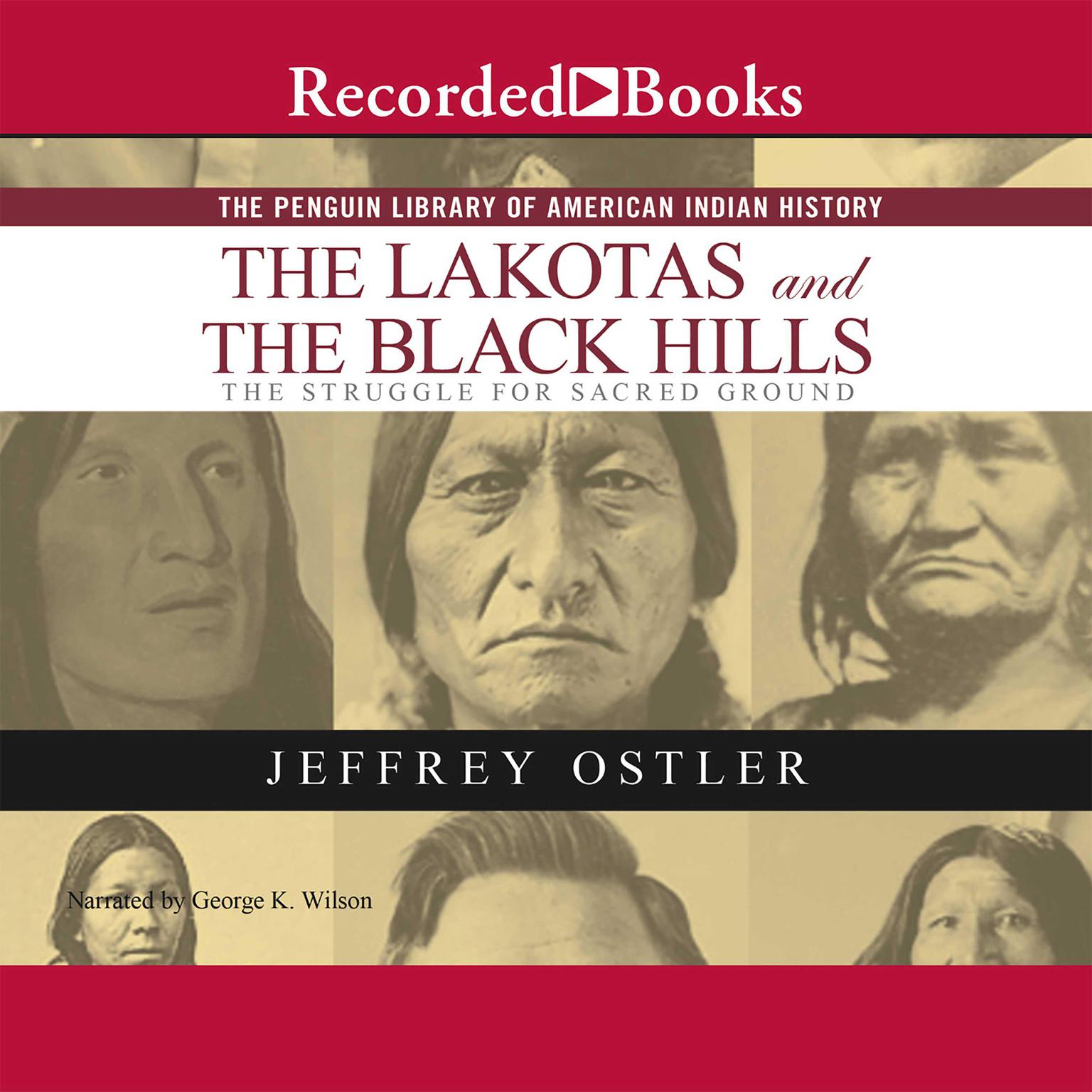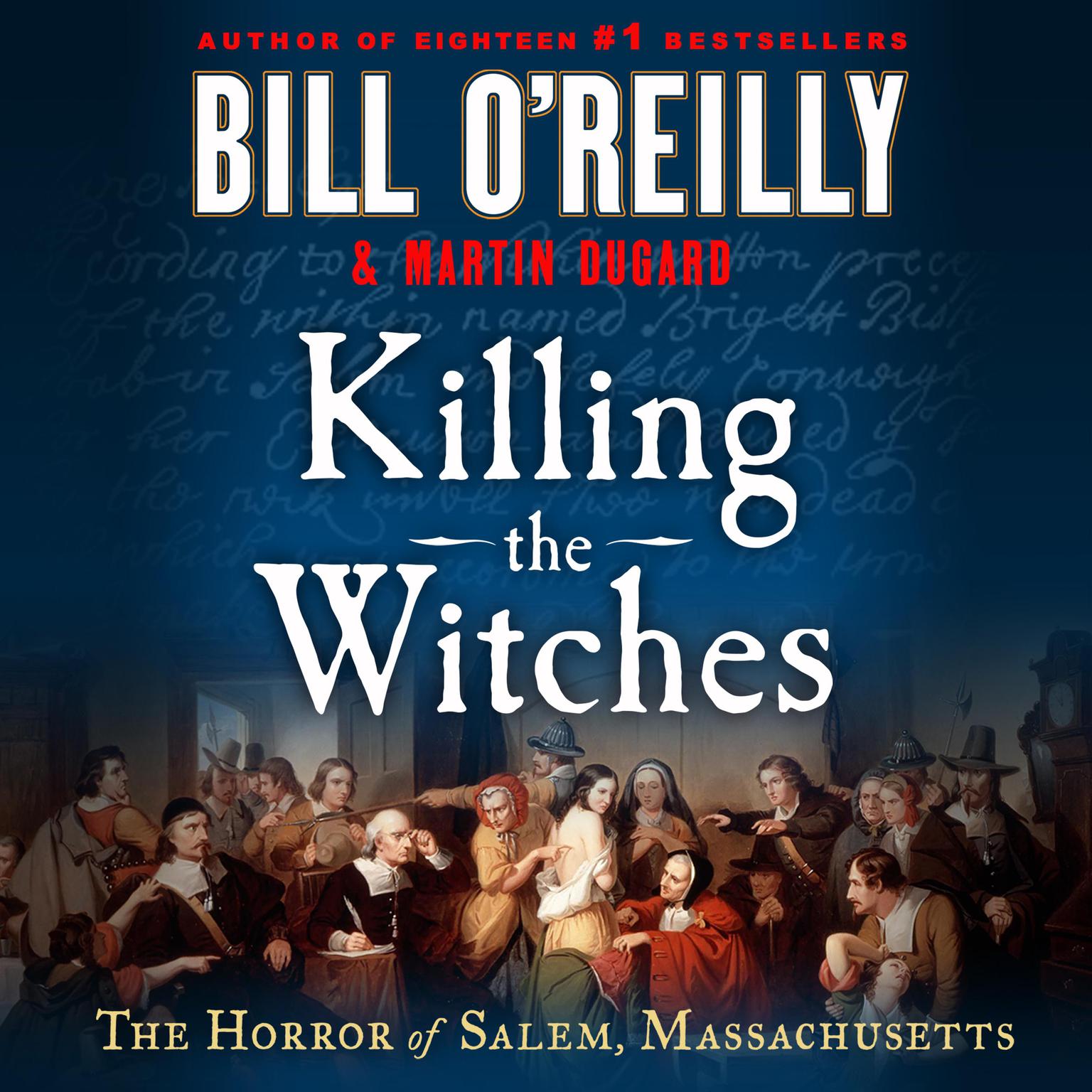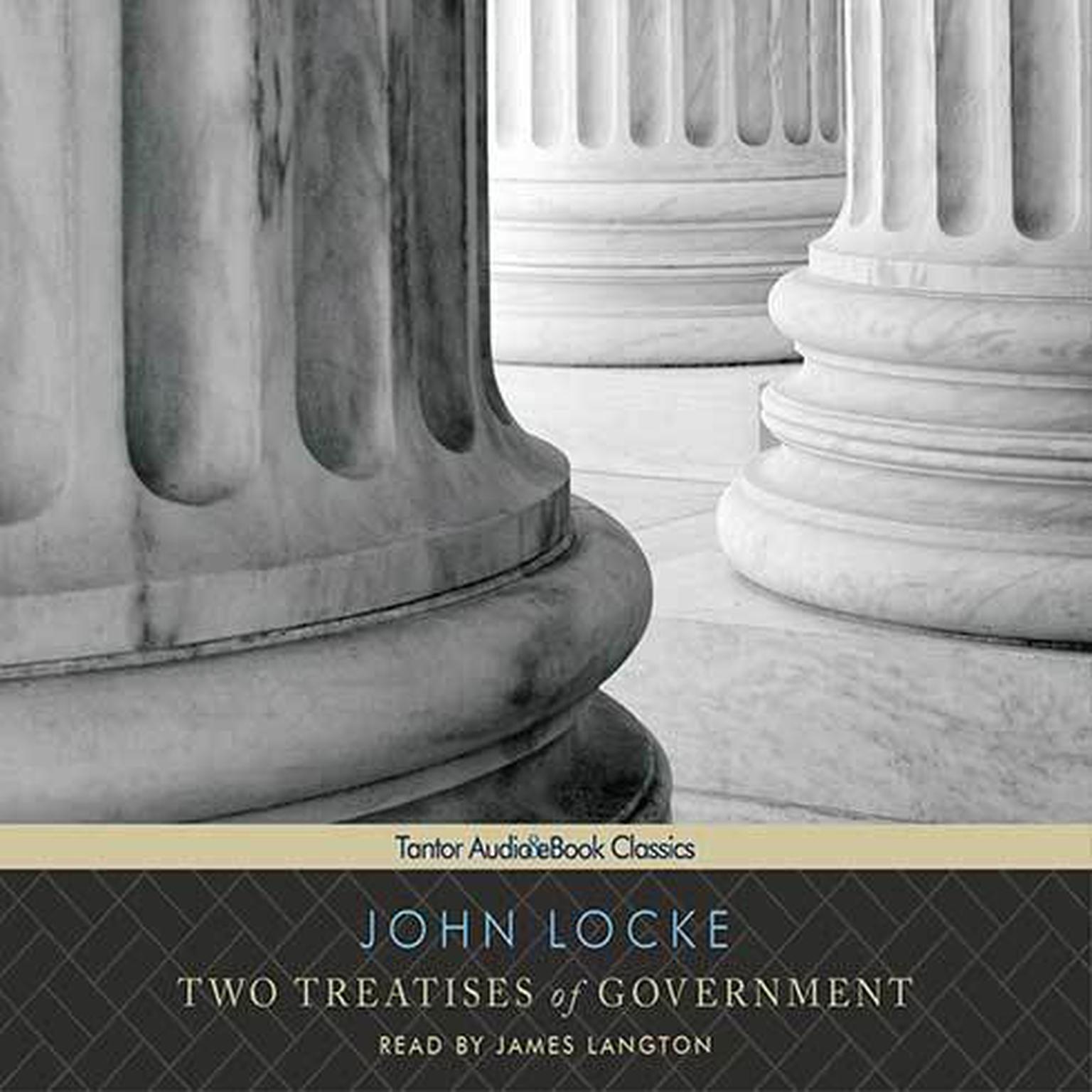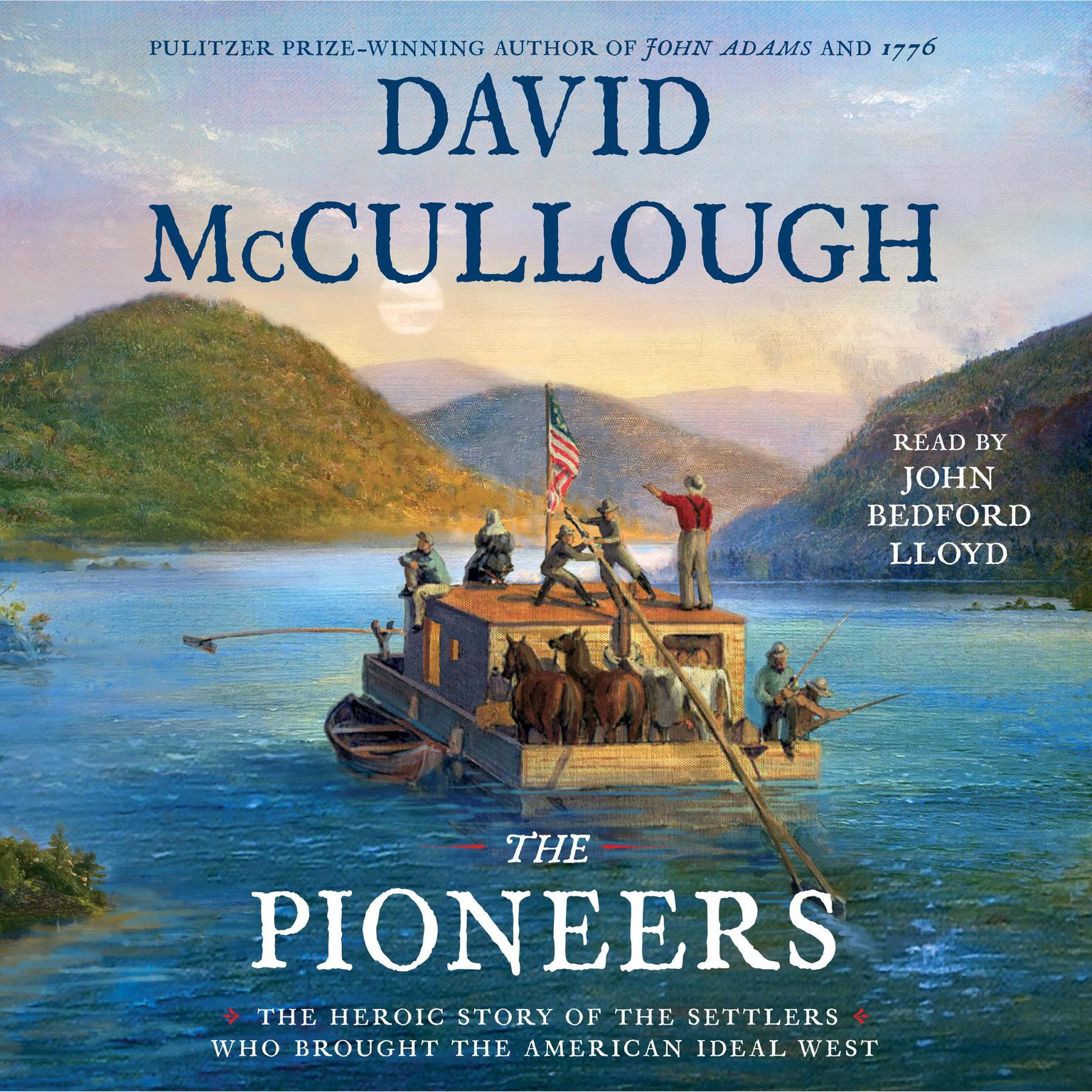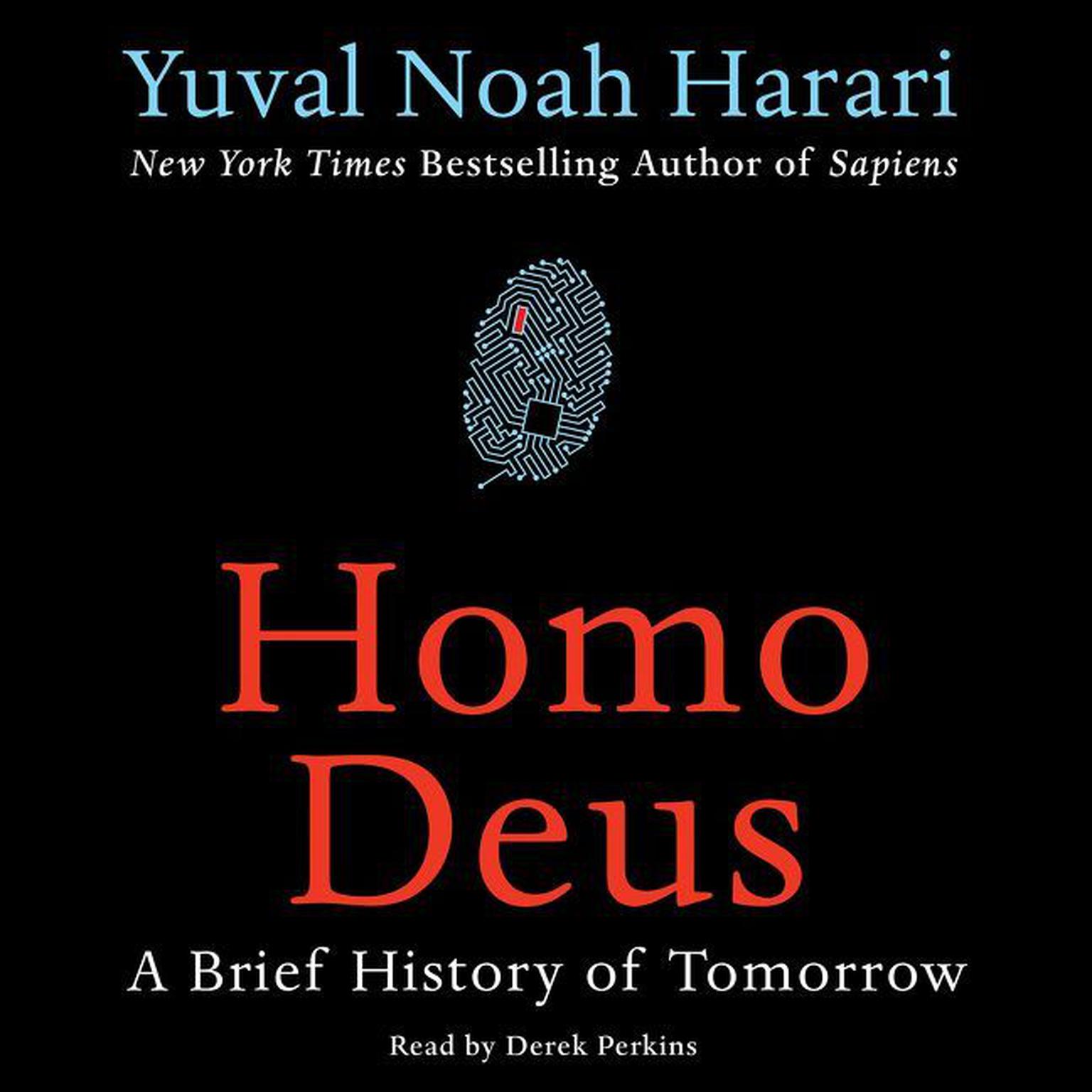Publisher Description
A sixth-generation North Carolinian, highly-acclaimed author John Ehle grew up on former Cherokee hunting grounds. His experience as an accomplished novelist, combined with his extensive, meticulous research, culminates in this moving tragedy rich with historical detail. The Cherokee are a proud, ancient civilization. For hundreds of years they believed themselves to be the “Principle People” residing at the center of the earth. But by the 18th century some of their leaders believed it was necessary to adapt to European ways in order to survive. Those chiefs sealed the fate of their tribes in 1875 when they signed a treaty relinquishing their land east of the Mississippi in return for promises of wealth and better land. The U.S. government used the treaty to justify the eviction of the Cherokee nation in an exodus that the Cherokee will forever remember as the “trail where they cried.” John McDonough narrates with thoughtful gravity. The heroism and nobility of the Cherokee shine through this intricate story of American politics, ambition, and greed.
Download and start listening now!
“A brilliant and sobering depiction of Native American culture and hardships leading up to and during the Trail of Tears period, perhaps the best documented societal dislocation of the American 19th Century. The Cherokee nation made extraordinary strides in literature and agriculture through their contact, competition, and cooperation with Western men, developing an authentically Cherokee literary culture and tradition, embracing cultural advancement without surrendering cultural identity. But, in the end, the Cherokee genius and adaptability did not save them from the cruelties of cultural competition and forced relocation on the Trail of Tears. Many Americans today have Cherokee ancestors. Many assimilated and married into Western families long before the catastrophic and unnecessary decision of Andrew Jackson to remove the Cherokee to the “Indian Territory.” This is the story of a great and tragic people, told in part through the inclusion of primary sources and with deep understanding and humanity.”
—
Sisyphus (5 out of 5 stars)
